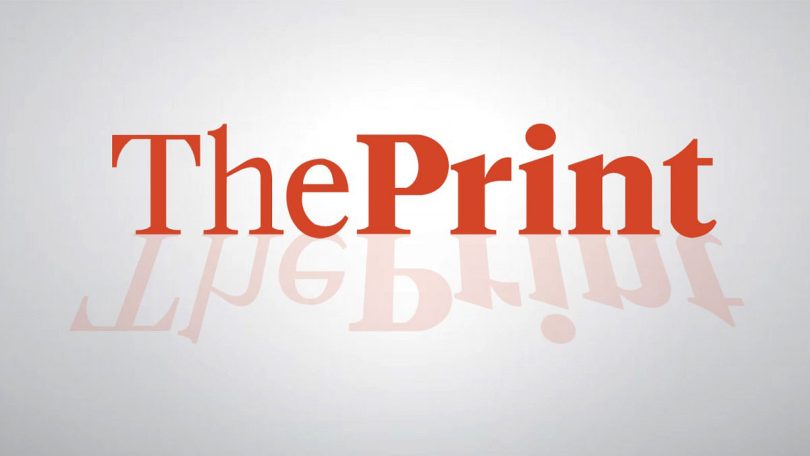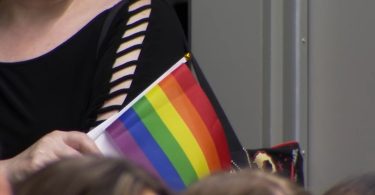By Miranda Murray and Hanna Rantala
BERLIN (Reuters) -Kristen Stewart is ready for conversations about films featuring queer and female stories to no longer focus on just that aspect of their identity, she told journalists at the Berlin Film Festival on Sunday.
“We can’t keep doing that thing where we tell everyone how to feel and where we sort of pat each other on the back and receive brownie points for providing space for marginalized voices, and only in the capacity that they are allowed to speak about that alone,” she said.
“The era of queer films being so pointedly only that is done.”
Stewart was back in Berlin to promote the gritty 1980s-set Southwestern U.S. crime-romance “Love Lies Bleeding” after serving as jury president at last year’s film festival.
Director Rose Glass’ second film after the religious thriller “Saint Maud” follows Stewart’s Lou – gym manager and daughter of a local crime lord – as she falls for Jackie, played by newcomer Katy O’Brian, who has drifted through town on her way to take part in a Las Vegas bodybuilding competition.
“The person who we normally don’t listen to, the person that we normally don’t look at, like she’s up front and centre in her (Glass’) movie,” said Stewart at the press conference alongside Glass.
“I’m really kind of into the idea of unearthing sidelined perspectives, and not making it all about the reasons that they’re sidelined, but (about) their actual experience,” said Stewart.
Other stars of the A24-backed film that first premiered at the Sundance Film Festival – including O’Brian, a sinister Ed Harris and a mulleted Dave Franco – were absent on Sunday.
Both Stewart and Glass appeared relaxed on stage, joking about quitting smoking and the U.S. obsession with motivational quotes as well as discussing what it’s like being a woman in the film industry.
“The kind of common conversation about women making films is that we get to empower ourselves and each other,” said Stewart.
“The interviews that we do as artists, as female artists, are so prescriptive, pushing this idea of empowerment because it makes everyone else more comfortable about the fact that we’ve been so oppressed,” said Stewart.
(Reporting by Miranda Murray and Hanna Rantala; Editing by Hugh Lawson)
Disclaimer: This report is auto generated from the Reuters news service. ThePrint holds no responsibilty for its content.







